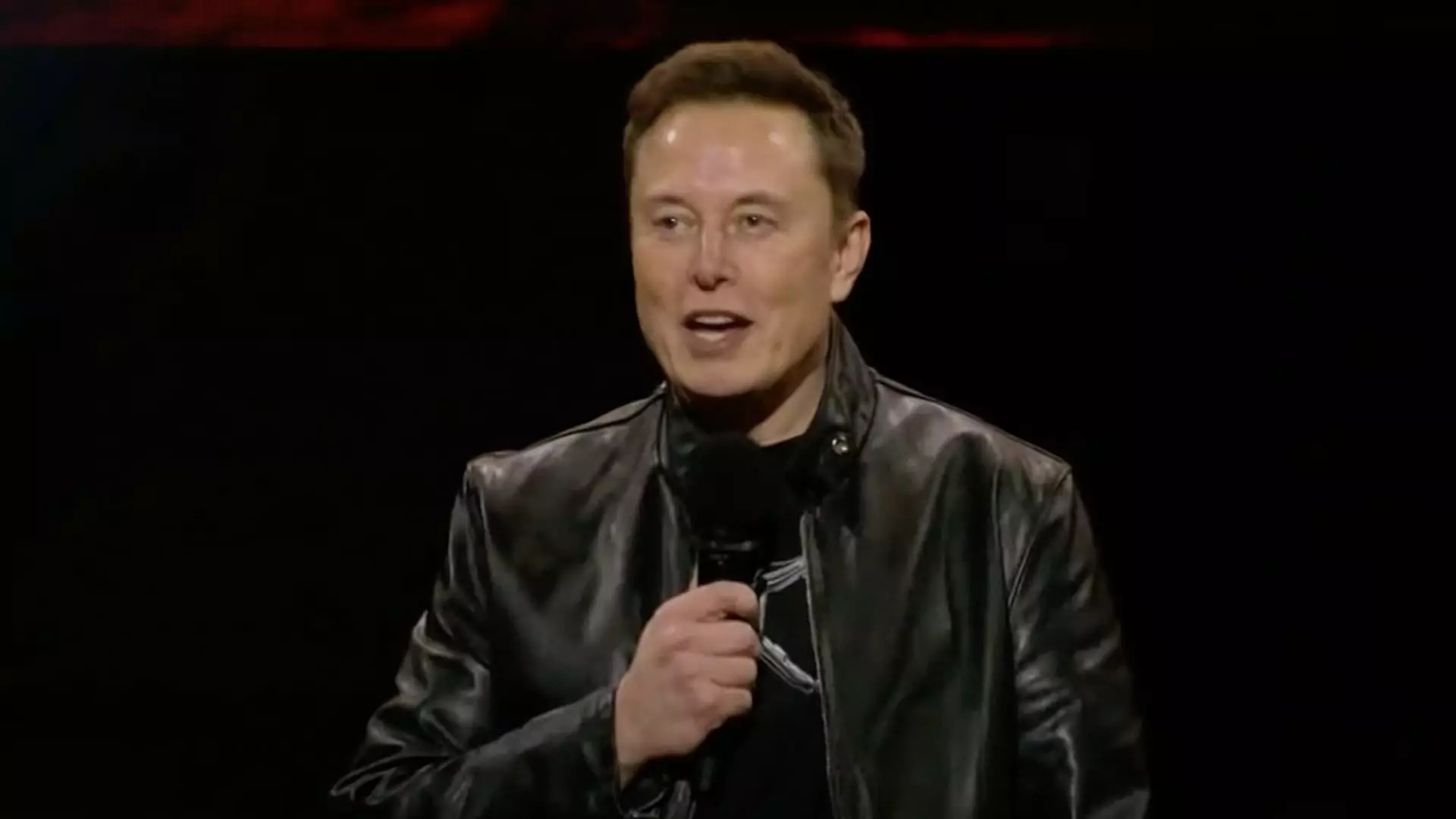As Tesla prepares to unveil its third-quarter earnings, expectations and apprehensions are simultaneously brewing among analysts and investors. The upcoming report, set to be released after the market closes on Wednesday, carries significant weight as it will reflect not only the company’s financial health but also its operational strategies moving forward.
Analysts are projecting an earnings per share (EPS) of 58 cents and a revenue of approximately $25.37 billion according to LSEG consensus estimates. These figures stem from Tesla’s recently reported vehicle delivery numbers, which clocked in at 462,890. Deliveries, while increasing by 6% compared to the same period last year, were nevertheless below investor expectations. This dip in delivery growth follows two consecutive quarters that showcased a year-over-year decline, sparking concerns about the company’s momentum in maintaining its market position.
In the wake of these challenges, Tesla has actively employed discounts and incentives to encourage sales. While such strategies might drive short-term revenue, there is an underlying worry that consistent price reductions could erode profit margins. This precarious balance between stimulating demand and maintaining profitability creates an intricate hurdle for Tesla as it maneuvers through a rapidly evolving electric vehicle (EV) marketplace.
Adding another layer of complexity to Tesla’s current scenario is CEO Elon Musk’s public persona and political engagements. With a presidential election looming, Musk has positioned himself as a fervent supporter of Republican nominee Donald Trump, raising concerns among shareholders regarding the potential ramifications of his activism on the Tesla brand and its market performance. Questions have emerged from shareholders on platforms like Say Technologies, querying how Musk’s political endeavors could influence both Tesla’s operations and stock prices, amidst a landscape where Trump’s policies might not align with the long-term federal support for EV infrastructure.
Musk’s recent declarations regarding governmental trust further exacerbate these worries, as he expressed skepticism towards U.S. regulatory bodies. His assertion—“We should not trust the government… even if I’m in the government, don’t trust the government”—sparks an ethical conundrum for Tesla, presenting a potential juxtaposition between corporate responsibility and personal beliefs.
As Tesla reports its earnings, the competitive environment has notably intensified, particularly concerning the Chinese market. Traditional competitors such as BYD and Geely, alongside newer companies like Li Auto and Nio, are ramping up efforts to capture market share, positioning themselves as formidable challengers to Tesla’s dominance.
Moreover, in the American landscape, legacy automakers—namely Ford and General Motors—are increasingly entering the EV space, albeit with a tempered commitment to electrification. Analysts from Jefferies have observed signs indicating stagnation in Tesla’s operational performance relative to both traditional manufacturers and emerging players in the electric vehicle sector. Their assessment cautions that while Tesla is no longer hampered by production capacity constraints, it faces a period marked by subdued growth owing to its aging core models and the complexities of scaling operations effectively.
Beyond the immediate financial metrics, investors are also keen to explore Tesla’s potential innovations. Key topics slated for discussion include the development of Tesla’s dedicated robotaxis, advancements in self-driving software, and the status of its humanoid robots. Additionally, shareholders are keen to assess the Cybertruck’s profitability amid concerns about manufacturing quality. Although sales of over 16,000 units in the U.S. during the third quarter signify a solid reception, unresolved quality issues need to be addressed to ensure long-term success.
Importantly, while Tesla has not provided explicit guidance for 2024, executives have hinted at a deceleration in delivery growth relative to previous years. With Tesla shares down 13% year-to-date, against a Nasdaq increase of 23%, the company’s ability to navigate these multifaceted challenges will be pivotal for its future trajectory.
Tesla’s impending earnings report symbolizes much more than a financial statement; it encapsulates the convergence of innovation, competitive pressure, and leadership dynamics that may either sustain or hinder its growth narrative in the coming years. Investors will be closely watching, as the outcomes will substantially influence the trajectory of this electric vehicle powerhouse.

